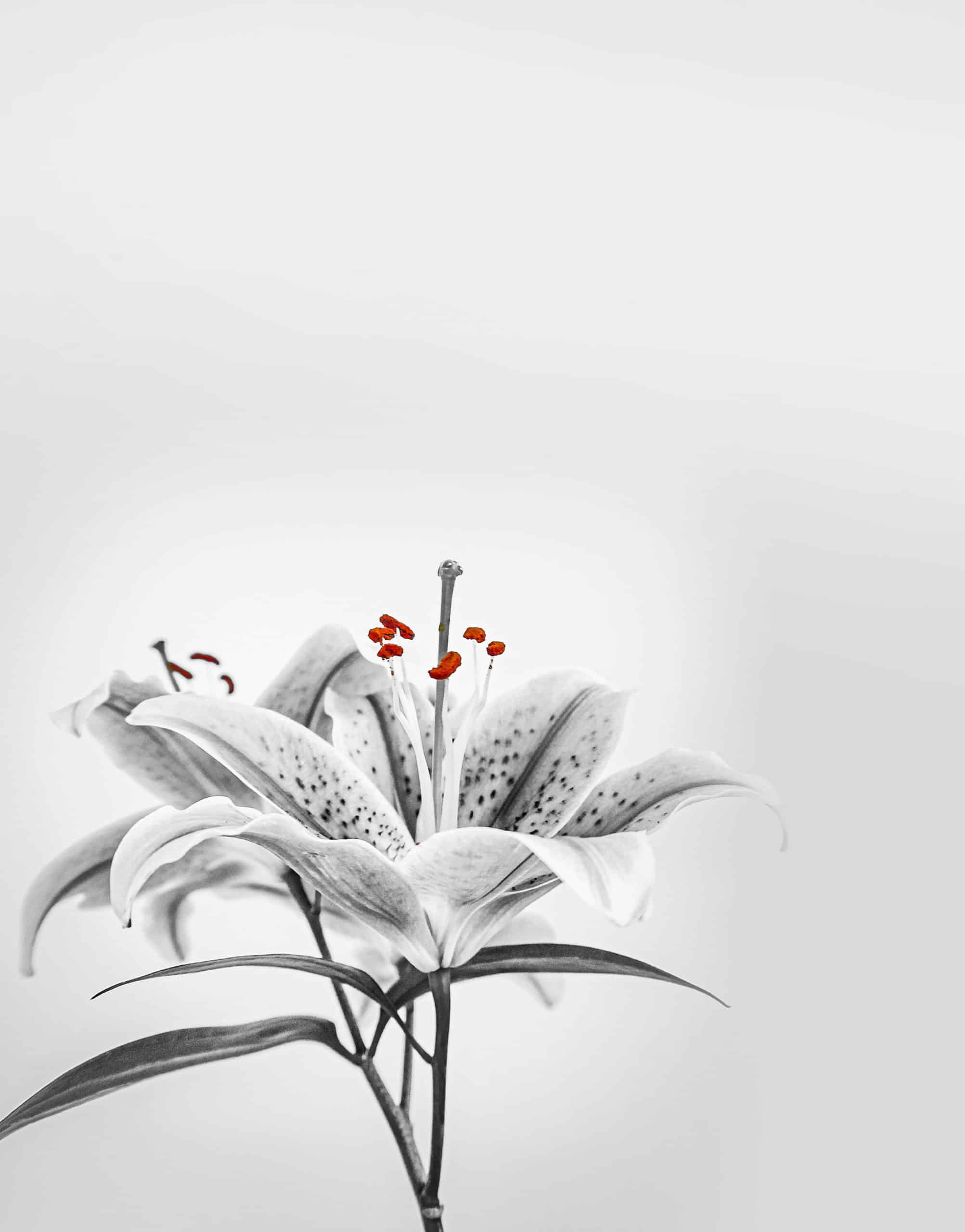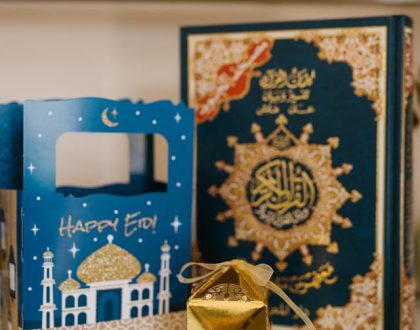What duas can you recite for a good death?

There are various duas for a good end to one’s life. Ibn ‘Umar heard a man wishing for death, and said:
Do not wish for death, for you will surely die; rather ask Allah for well-being.
A timely end
We ask Allah for our life span to be good and to take our souls when it is the best time for it to depart, as Allah is the only one who knows when that is.
Anas (may Allah be pleased with him) narrated that the Messenger of Allah (peace be upon him) said:
لَا يَتَمَنَّيَنَّ أَحَدُكُمُ الْمَوْتَ مِنْ ضُرٍّ أَصَابَهُ فَإِنْ كَانَ لابد فَاعِلًا فَلْيَقُلِ: اللَّهُمَّ أَحْيِنِي مَا كَانَتِ الْحَيَاةُ خَيْرًا لِي وَتَوَفَّنِي إِذَا كَانَتِ الْوَفَاةُ خَيْرًا لي
No one of you should wish for death because of some harm that has befallen him. If he must wish for it, then let him say: ‘O Allah, keep me alive so long as living is good for me, and cause me to die when death is good for me. [Bukhari and Muslim]
Before death – Decrepit old age
The Prophet (peace be on him) taught us to seek refuge from dementia and senility, from becoming like a baby: weak in body and mind unable to carry out obligatory duties, or even care for one’s self. We ask Allah not to let us become dependent upon our family; or a burden to those around us.
اللَّهُمَّ إِنِّي أَعُوذُ بِكَ مِنَ الْعَجْزِ وَالْكَسَلِ وَالْجُبْنِ وَالْبُخْلِ وَالْهَرَمِ وَعَذَابِ الْقَبْرِ
اللَّهُمَّ آتِ نَفْسِي تَقْوَاهَا وَزَكِّهَا أَنْتَ خَيْرُ مَنْ زَكَّاهَا أَنْتَ وَلِيُّهَا وَمَوْلاَهَا
اللَّهُمَّ إِنِّي أَعُوذُ بِكَ مِنْ عِلْمٍ لاَ يَنْفَعُ وَمِنْ قَلْبٍ لاَ يَخْشَعُ وَمِنْ نَفْسٍ لاَ تَشْبَعُ وَمِنْ دَعْوَةٍ لاَ يُسْتَجَابُ لَهَا
Allaahumma innee a`oodhu bika minal-`ajzi wal-kasali wal-jubni wal-bukhli wal-harami wa `adhaabil-qabr. Allaahumma Aati nafsee taqwaahaa, wa zakkihaa, Anta khayru man zakkaahaa, Anta Waliyyuhaa wa Mawlaahaa. Allaahummaa innee a`oodhu bika min `ilmin laa yanfa`u, wa min qalbin laa yakh-sha`u, wa min nafsin laa tashba`u, wa min da`watin laa yustajaabu lahaa.
O Allah! I seek your refuge from incapacity, laziness, cowardice, miserliness, decrepit old age, and punishment of the grave. O Allah! Grant my soul its dutifulness (taqwaa), and purify it, You are the One to purify it: You are its Guardian and its Lord. O Allah! I seek Your refuge from knowledge that does not benefit, and from a heart that is not humble, and from a soul that is never satisfied, and from a supplication that is not answered’. (Ahmed, Tirmidhi, Nasa’i)
Sudden death
The Prophet (peace be on him) used to seek refuge from a sudden death, as it strikes without warning, so one does not have a chance to prepare one’s affairs.
Allah often blesses those close to Him with insight that their death is approaching.
كان يتعوَّذُ من موتِ الفجأةِ
Allahumma inni a’udhu bika min mawtil fuja-ah.
O Allah! I seek your refuge from sudden death. (Tabarani – weak narration)
Usually death is preceded by illness, which gives one a window to prepare for death and organise their legacy as well as check their account.
Horrific death and shaytan
We ask Allah to grant us a gentle death and spare us from a death which is violent and horrific. We also ask that we are taken in a state of righteousness, in which Allah is pleased with us, than a state of obedience to shaytan, engaged in sin.
It was narrated that Abu’l-Yusr (may Allah be pleased with him) said: The Messenger of Allah (ﷺ) used to say:
اللَّهُمَّ إِنِّي أَعُوذُ بِكَ مِنَ الْهَدْمِ [وَالْغَمِّ] وَأَعُوذُ بِكَ مِنَ التَّرَدِّي وَأَعُوذُ بِكَ مِنَ الْغَرَقِ وَالْحَرَقِ وَالْهَرَمِ وَأَعُوذُ بِكَ أَنْ يَتَخَبَّطَنِي الشَّيْطَانُ عِنْدَ الْمَوْتِ وَأَعُوذُ بِكَ أَنْ أَمُوتَ فِي سَبِيلِكَ مُدْبِرًا وَأَعُوذُ بِكَ أَنْ أَمُوتَ لَدِيغًا
Allaahumma inni a’oodhu bika min al-hadmi [wal gham] wa a’oodhu bika min at-taraddi wa a’oodhu bika min al-gharaqi, wa’l-hareeqi, wa’l harami, wa a’oodhu bika an yatakhabbatanish -shaytaan ‘inda al-mawti, wa a’oodhu bika an amoota fi sabeelika mudbiran, wa a’oodhu bika an amoota ladeeghan
O Allah, I seek refuge in You from my house falling on me [and from sorrow], I seek refuge in You from falling into an abyss, I seek refuge in You from drowning, burning and decrepitude. I seek refuge in You from the devil harming me at the time of my death, I seek refuge in You from dying in Your path while retreating, and I seek refuge in You from dying of the sting of a poisonous creature. [Abu Dawood, Ahmad, Tabarani in al-Kabir]
In another narration:
اللَّهُمَّ إِنِّي أَعُوذُ بِكَ مِنَ التَّرَدِّي وَالْهَدْمِ وَالْغَرَقِ وَالْحَرِيقِ وَأَعُوذُ بِكَ أَنْ يَتَخَبَّطَنِي الشَّيْطَانُ عِنْدَ الْمَوْتِ وَأَعُوذُ بِكَ أَنْ أَمُوتَ فِي سَبِيلِكَ مُدْبِرًا وَأَعُوذُ بِكَ أَنْ أَمُوتَ لَدِيغًا ”
Allaahumma inni a’oodhu bika min al-taraddi wa’l-hadmi wa’l-gharaqi wa’l-hareeq, wa a’oodhu bika an yatakhabbatani al-shaytaan ‘inda al-mawti, wa a’oodhu bika an amoota fi sabeelika mudbiran, wa a’oodhu bika an amoota ladeeghan
O Allah, I seek refuge with You from falling from a high place, being crushed (beneath a falling building etc), drowning and burning, and I seek refuge with You from being overpowered by the Shaytan at the time of death, and I seek refuge with You from being killed (in jihad) for Your sake when fleeing from battle, and I seek refuge with You from dying from a scorpion sting or snake bite. [Nasaa’i]
A long, blessed and guided life
Jabir (may Allah be pleased with him) narrated that the Prophet (peace be upon him) said:
Do not wish for death, for the horror that the dying person experiences at the moment of death is too difficult to bear. Living a long life and being guided by Allah to turn to Him and repent is a sign of being blessed. [Musnad Ahmad]
A good end
اللَّهُمَّ اجْعَلْ خَيْرَ عُمْرِي آخِرَهُ ، وَخَيْرَ عَمَلِي خَوَاتِمَهُ ، وَخَيْرَ أَيَّامِي يَوْمَ أَلْقَاكَ
Allahummaj ‘al khayra ‘umury aakhirahu, wa khayra ‘amaly khawatimahu, wa khayra ayyami yawma alqaka
O Allah, make the end of my life the best part of my life, my best deeds my last ones, make the best of days the day in which I meet you. [Majma’uz Zawaid]
When a loved one is dying
It is always difficult to see those one loves going through the last days, weeks, or months of their life. When someone reaches the point that the end is close, ask Allah Almighty for relief and
The Prophet (peace be on him) said the recital of Surah Yasin is recommended for the dying person, so be sensitive not to recite it at the bedside of someone who is ill but not dying, as it may upset them. However if they are happy for you to recite it, then that is fine.
Ma‘qil bin Yasar (may Allah be pleased with him) narrated that the Messenger of Allah (peace be on him) said:
“Recite Yasin over those who are dying.” (Abu Dawud, An-Nasa’i and Ibn Hibban graded it as Sahih)
Ma’qil bin Yasar reported God’s Messenger as saying, “iqra‘oo yaaseen alaa mawtaakum”:
“Recite (surah) Yasin over your dead.” (Ahmad, Abu Dawud and Ibn Majah. Weak narration)
There is some discussion among scholars regarding the authenticity of this narration. Though some narrations have a weakness, in general the narrations are valid and good or authentic and high.
Related posts
List of prophetic daily adkhar
Duas for protection from harm and hasad
Top Tips for Boosting your Du’a
How to Receive the Light of Allah
The Importance of Dhikr – The Mindful Muslim
When Islam is like Oxygen in your Life
How can we use Fatiha to cure us?
The Du’as Allah is quick to answer
- The forces of Allah and the fate of the falsifiers
- Climbing the stairs: How to continue your spiritual journey post-Ramadan
- How Allah strengthens the hearts of believers
- Why should you follow up one good action with another one?
- Don’t be a Ramadani person – Be a Rabbani person.

Recommended Posts

When can you fast after Eid?
April 07, 2024

Is it permissible to take out a student loan?
April 02, 2024

